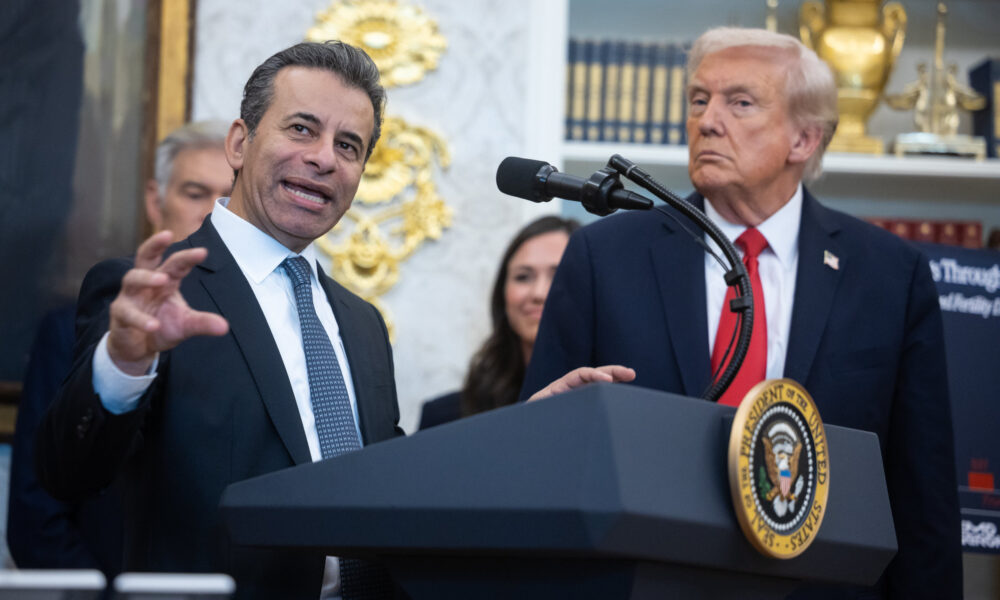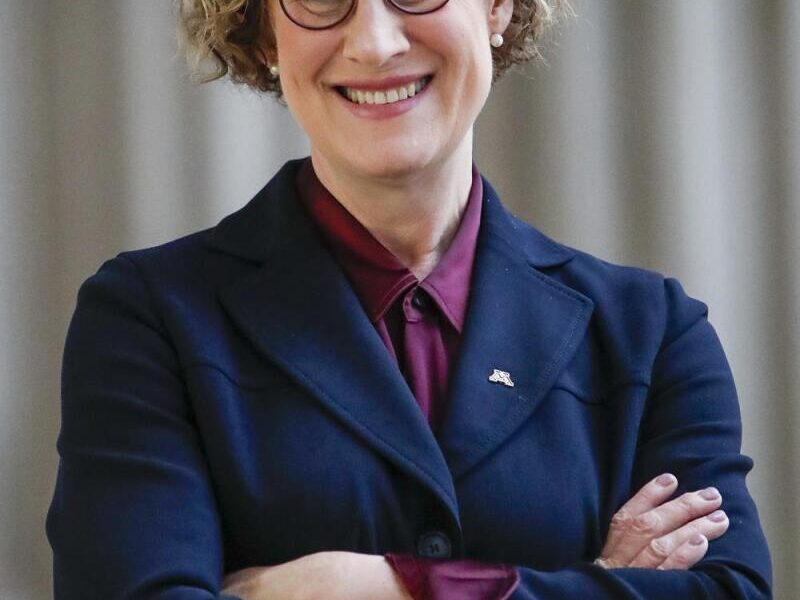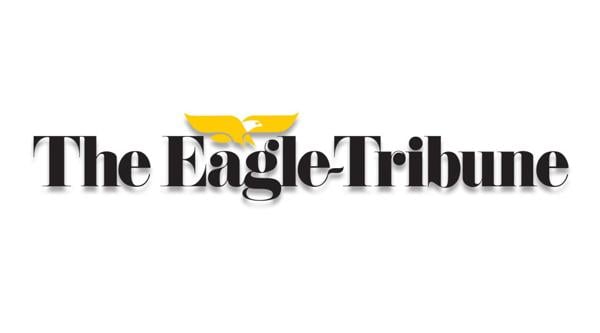The Food and Drug Administration (FDA) has announced the first nine companies to receive its new National Priority Vouchers. This initiative, unveiled by FDA Commissioner Marty Makary, aims to expedite the development of critical medical treatments and technologies. The announcement marks a significant expansion of the program, featuring a larger group of recipients than initially anticipated.
The National Priority Vouchers are designed to incentivize innovation in the medical field. By providing these vouchers, the FDA hopes to accelerate the market entry of new therapies that address unmet medical needs. Companies that receive a voucher can use it to obtain priority review for a subsequent product application, which may shorten the approval timeline significantly.
Details on the Recipients
The nine companies honored with the vouchers represent a diverse range of therapeutic areas. Each recipient has demonstrated a commitment to developing groundbreaking treatments. While the FDA did not disclose the specific details of each project, the selected firms have shown promise in their respective fields.
Among the recipients are startups as well as established pharmaceutical companies, highlighting the FDA’s intention to support both new entrants and seasoned players in the industry. The initiative reflects a broader strategy to enhance the United States’ position as a leader in medical innovation.
Commissioner Marty Makary emphasized the importance of these vouchers in his announcement. He stated, “This program is about prioritizing innovation and ensuring that patients have access to the treatments they need as quickly as possible.” His remarks underscore the FDA’s commitment to fostering an environment conducive to rapid advancements in healthcare.
The Broader Impact on Healthcare Innovation
The introduction of the National Priority Vouchers aligns with the FDA’s ongoing efforts to streamline the drug approval process. By prioritizing certain applications, the FDA can direct resources toward therapies that could have the most significant impact on public health. This approach not only benefits the companies involved but also patients waiting for new treatment options.
The program is particularly timely, given the growing demand for innovative healthcare solutions. As the landscape of medicine continues to evolve, initiatives like these are crucial in addressing both current and future health challenges. The FDA’s proactive stance may encourage more companies to invest in research and development, ultimately leading to a more robust pipeline of therapies.
As the recipients begin to leverage their vouchers, the healthcare community will be watching closely for developments. The outcomes of this initiative could set a precedent for how regulatory bodies engage with the pharmaceutical industry in the future.
In conclusion, the FDA’s unveiling of the first nine recipients of the National Priority Vouchers marks a pivotal moment in the agency’s efforts to promote healthcare innovation. With the potential to expedite the arrival of essential treatments, this program represents a forward-thinking approach to meet the needs of patients and the broader medical community.







